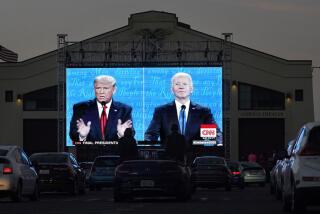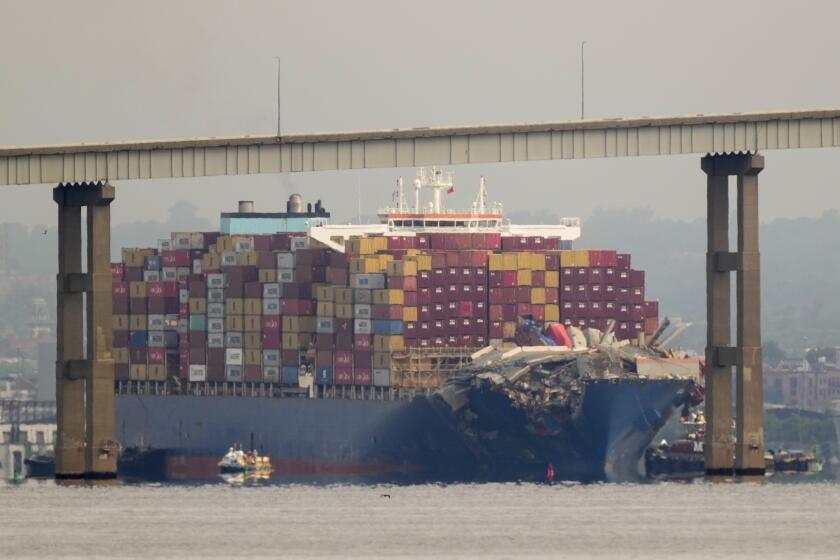No Wiggle Room for Iraq
Iraq announced its acceptance of United Nations weapons inspectors in a few lines of a nine-page letter. The rest was filled with vituperation against the United States and hints that it might make the inspectors’ jobs as difficult as in the past. That’s not what the U.N. Security Council unanimously authorized last week, and the council should not allow Iraq anything less than full compliance. Inspections are not themselves the goal, but a means of removing Iraq’s weapons of mass destruction.
Much of Foreign Minister Naji Sabri’s letter might be bluster, but given Baghdad’s resistance to inspections from 1991 through the last one in 1998, wholehearted cooperation is extremely unlikely. Past inspectors told of Iraqis keeping them standing in the sun for hours while supposedly searching for keys to suspected weapons laboratories and of loaded trucks going out the back door of a building while they waited at the front.
Thus when Sabri says Iraq will “take into consideration [the inspectors’] way of conduct” and let them do their jobs if they do so “professionally and lawfully,” red flags should fly. The U.N. advance party due to arrive next week should remind Iraq that the Security Council has demanded “immediate, unimpeded, unconditional and unrestricted access” to all sites, including Saddam Hussein’s presidential compounds.
A first key deadline comes Dec. 8, when Iraq must supply a list of materials it can use for chemical, biological or nuclear weapons. The United States and other nations will compare that list with their own, compiled from intelligence sources and Iraqi defectors. Washington should not be in a rush to publicize individual discrepancies or obstructions of inspectors. By waiting, and building a solid case to present to the Security Council, it would win support from more nations.
Even with good satellite photography and intelligence, it will not be easy to find weapons of mass destruction. Four years without inspections allowed Iraq time to conceal, even bury, laboratories across a country larger than California.
However, if inspectors do visit suspect sites without tipping off Iraqis first and take advantage of new sensors and radars not available to past sleuths, they may be able to pinpoint weapons the U.N. has barred Iraq from possessing since its 1990 invasion of Kuwait. These include chemical, biological and nuclear arms. The stakes are high because of Iraq’s history of using chemical weapons against Iran and the Kurds in northern Iraq.
President Bush proclaimed “zero tolerance” for Iraqi cheating on inspections, and the threat of military action remains. Yes, Washington is pushing to keep the Security Council focused and unyielding and some members are pushing back, as they have all along. But inspections will be a reality. It’s up to Hussein to accept this “final opportunity” to disarm.
More to Read
Start your day right
Sign up for Essential California for news, features and recommendations from the L.A. Times and beyond in your inbox six days a week.
You may occasionally receive promotional content from the Los Angeles Times.






